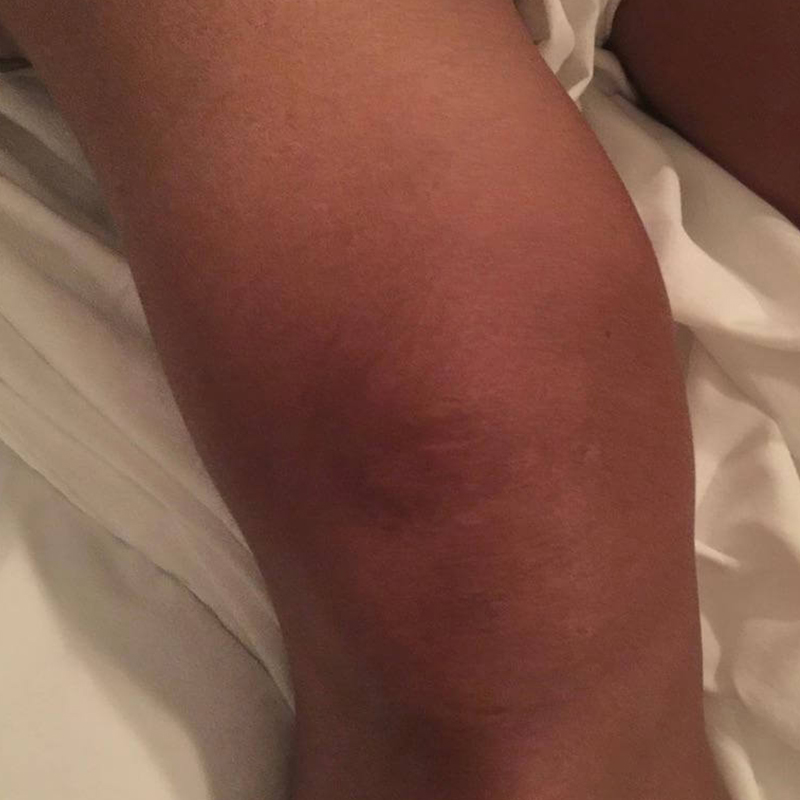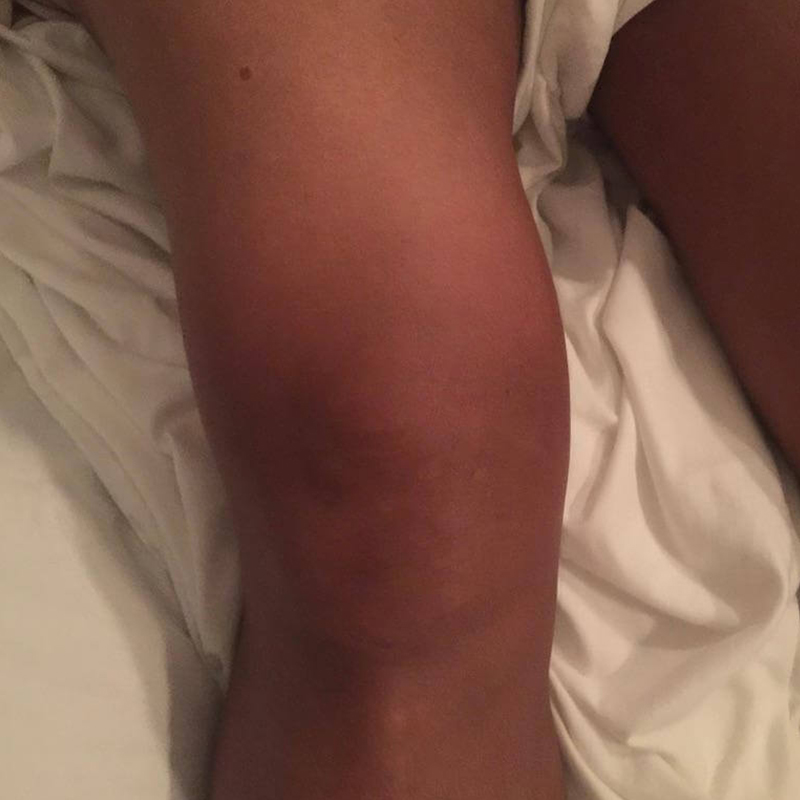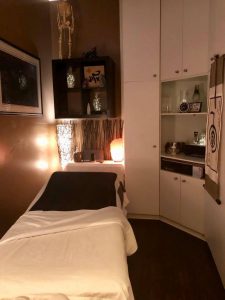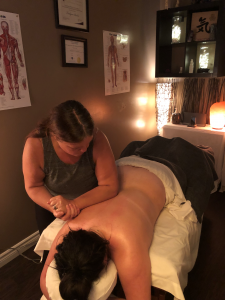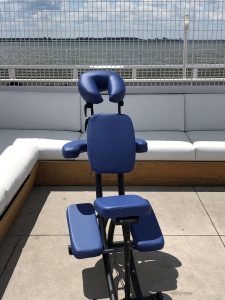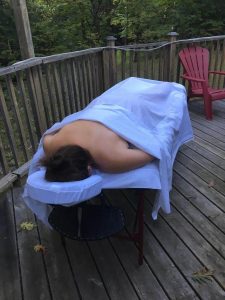FAQ's
You may need to fill out a health history form with your massage therapist. The therapist will then start by asking you general questions to determine what areas you would like to have operated on, if any issues need to be discussed, and to determine whether massage is suitable for you. Your massage therapist may conduct certain evaluations and tests to assess your condition and see if you have any complaints.
In order to adapt the session to your specific needs without doing any harm, it is important to list all health concerns and medicines. It is also important to list allergies so that the therapist is aware that during the session he / she needs to use another oil or lotion.
You should undress to the level you are comfortable. For a full body massage, most get completely undressed. However, if you will be more comfortable during the session if you leave your underwear on, that’s fine. The therapist will work around the clothes you left on as best as he/she can. If removing all your clothes makes you too nervous and unable to relax, then you are not getting the optimal benefit from the session. Your massage therapist should give you privacy to undress and get comfortable on the table.
This is known as draping and depends on the therapist and in some cases, the law. The vast majority of therapists will insist on draping. Once you are undressed and on the table under the drape, the therapist will only uncover the part of your body being worked on. The genitals (women and men) and breasts (women) will not be uncovered. If the therapist is going to work on a woman’s abdomen, a second towel or sheet will be used to cover the breasts so the main sheet or towel can be moved to expose the abdomen.
Make yourself comfortable. If your therapist wants you to adjust your position, she/he will either move you or will ask you to move what is needed. Otherwise, change your position anytime to make yourself more comfortable. Many people close their eyes and relax completely during a session; others prefer to talk. It’s up to you. It is your massage, and whatever feels natural to you is the best way to relax. Do not hesitate to ask questions at any time.
The average full-body massage treatment lasts approximately one hour. A half-hour appointment only allows time for a partial massage session, such as neck and shoulders, back or legs and feet. Many people prefer a 60 to 90-minute session for optimal relaxation. Always allow relaxation time prior to and after the session.
This depends on the type of massage and the depth of the strokes. A light, relaxing massage that doesn’t probe very deep into the muscles, shouldn’t hurt. With that being said, there is a ‘feels good’ hurt and an ‘ouch, stop it’ hurt. A good massage, even a really deep tissue massage, should always stay in the ‘feels good’ hurt range. Pain can be an indication that the muscle is possibly injured or inflamed and pressure should be adjusted. Also, pain can cause you to tighten up and negate the relaxing effects of the massage. The most effective and deepest massage always works with your body’s natural response, not against it.
“Some is better than none.” What does that mean? Well, it varies from person to person. If you are just looking for some occasional relaxation, then a session every 3-6 weeks may be fine for you. However, if you are looking to address a specific condition, then it is recommended to go more frequently at first and then slowly taper down to a maintenance schedule. Sometimes more frequent 30-minute sessions can be effective until your goals are met and a maintenance schedule is in place. Frequency of sessions should be discussed with your massage therapist after your treatment when he/she has a better hands-on understanding of your particular muscular issues.
The answer is NO. There is a perception that men give deeper massages than women. This is a myth. While some men do give a deeper massage, there are men who prefer to not work so deep. The same holds true for women. It is a matter of style, training, and therapist preference. Some therapists prefer not to give really deep sessions while others specialize in this area. If you are looking for a deep massage, it is best to simply ask the therapist if she/he does this type of work. And of course, during your session it is perfectly ok to give the therapist feedback if you would like a lighter/deeper pressure. It’s your session! And remember, massage does not have to hurt to be effective.
Sure, if you’d like to talk go right ahead. The important thing to remember is that this treatment is all about you relaxing and enjoying the experience. Many therapists discourage talking in hopes that you will relax, let your mind float free and enter a state of massage bliss. In many instances, people may feel more relaxed starting off talking, and as the massage progresses, enter quiet states of relaxation. The important issue here is that there are times when you need to speak up. If the therapist is doing anything to make you uncomfortable, you should let her/him know immediately. Also, let him/her know if you get too warm or too cold, if the room is too bright, or if the pressure needs to be changed (lighter or deeper). If something is not working for you – speak up! It’s OK!


